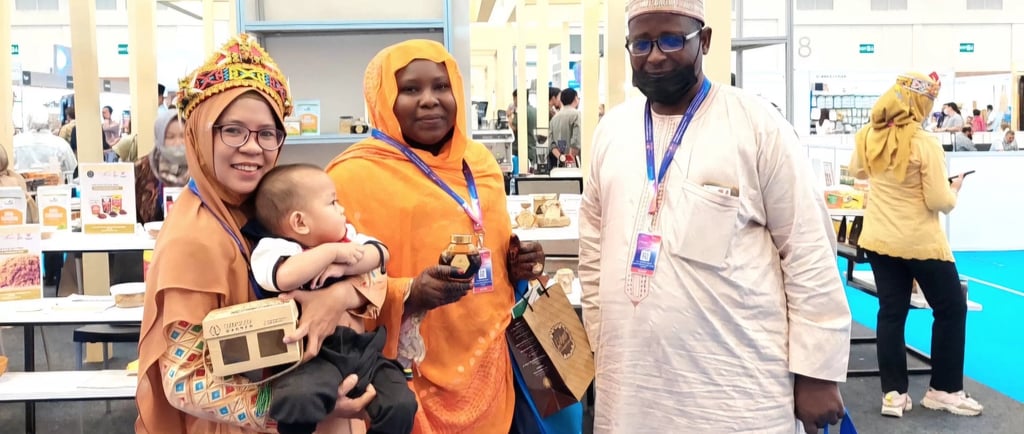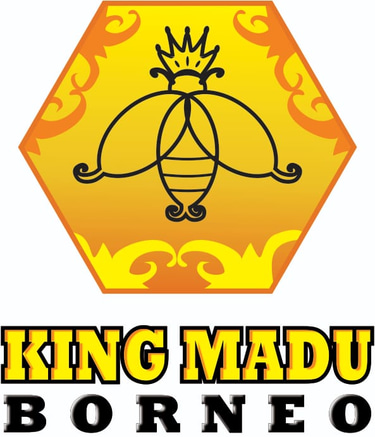Once Struggling to Conceive, Farida Now Launches Forest Honey Brand, Penetrates American Market
From personal consumption, Farida now markets wild forest honey products to penetrate foreign markets.
9/22/20252 min read


Farida's journey to becoming a Kalimantan forest honey entrepreneur did not begin with business ambitions. In fact, she started it while looking for a way to have children.
“I used to work in North Kalimantan. I got married at the same time as my sister-in-law, who already had children, while I did not. My husband is also an only child,” recalls Farida, a resident of Berau who is now a forest honey exporter under the brand King Madu Borneo.
When medical efforts failed to produce results, Farida tried alternative therapy using Kalimantan black honey. “Usually, yellow honey is the norm. But at that time, I came across black honey, so I tried it as a therapy. Thank God, in the fourth year of my marriage, I was blessed with pregnancy and a child,” she said emotionally.
From that personal experience, she began to take notice of the potential of forest honey, which was not yet widely known at the time. However, Farida realized that the biggest challenge lay in the authenticity of the product. “It's difficult to find truly pure multiflora forest honey,” she said.
Initially, honey was sold simply, in plastic bottles and without a brand name. But because many customers placed repeat orders, Farida began to think about suitable packaging and a name. The year 2020 was an important milestone. She took part in training on branding and packaging, which led to the creation of the King Madu Borneo brand.
“It had only been three months since the branding. But it turned out that it passed the curation process, representing Berau’s MSMEs. There were thousands of MSMEs in East Kalimantan that participated,” she said proudly.
Now, Farida produces various types of honey, such as raw honey, bitter honey, and kelulut honey harvested from the forests of Kalimantan.
Not stopping at the local market, Farida successfully shipped her first product to the United States at the end of 2020. “It was my first experience. I sent it via Pos Indonesia directly to end users who were curious about Kalimantan forest honey,” she said.
After that, expansion continued to countries such as Hong Kong, Singapore, Kyrgyzstan, and most recently Malaysia, with a target of 200 kg per month for the Sarawak market.
“Our hope for the future is not only to sell products, but also to convey the message that Indonesia's natural resources, especially those in Kalimantan, are indeed the best,” he concluded. (*)

